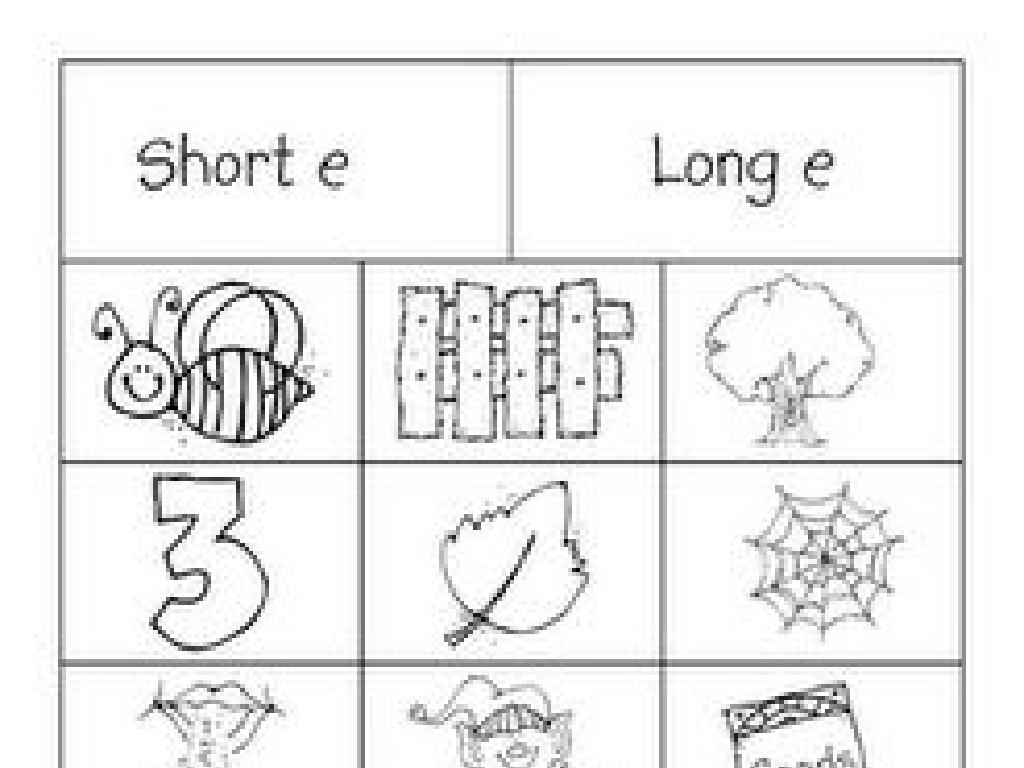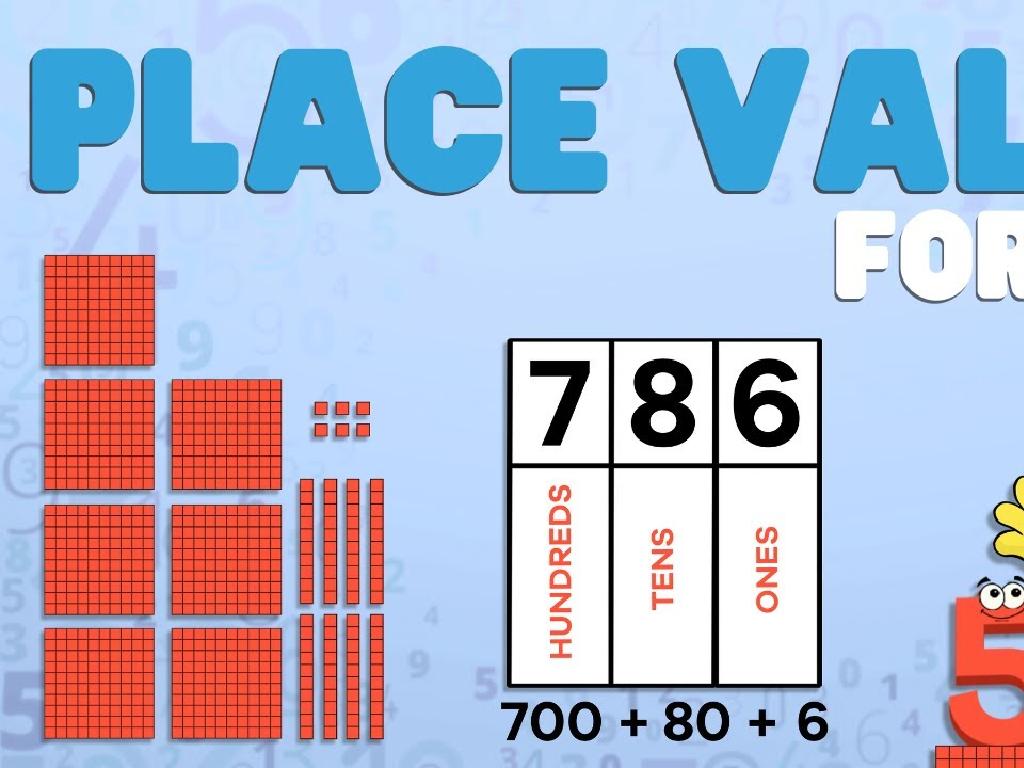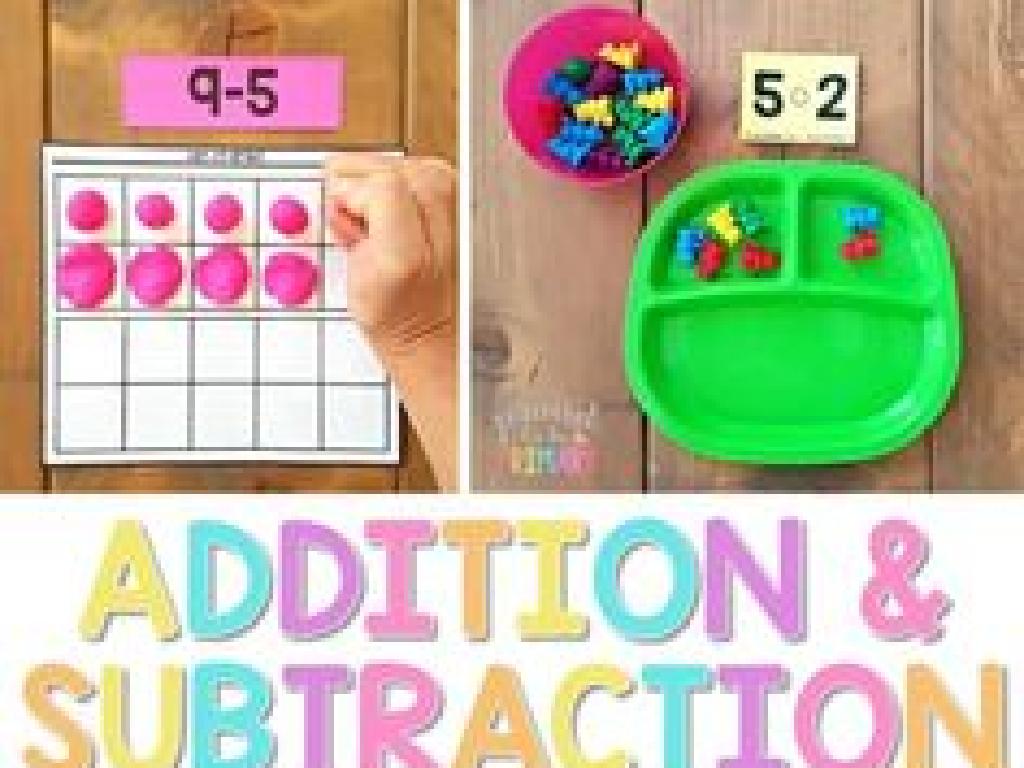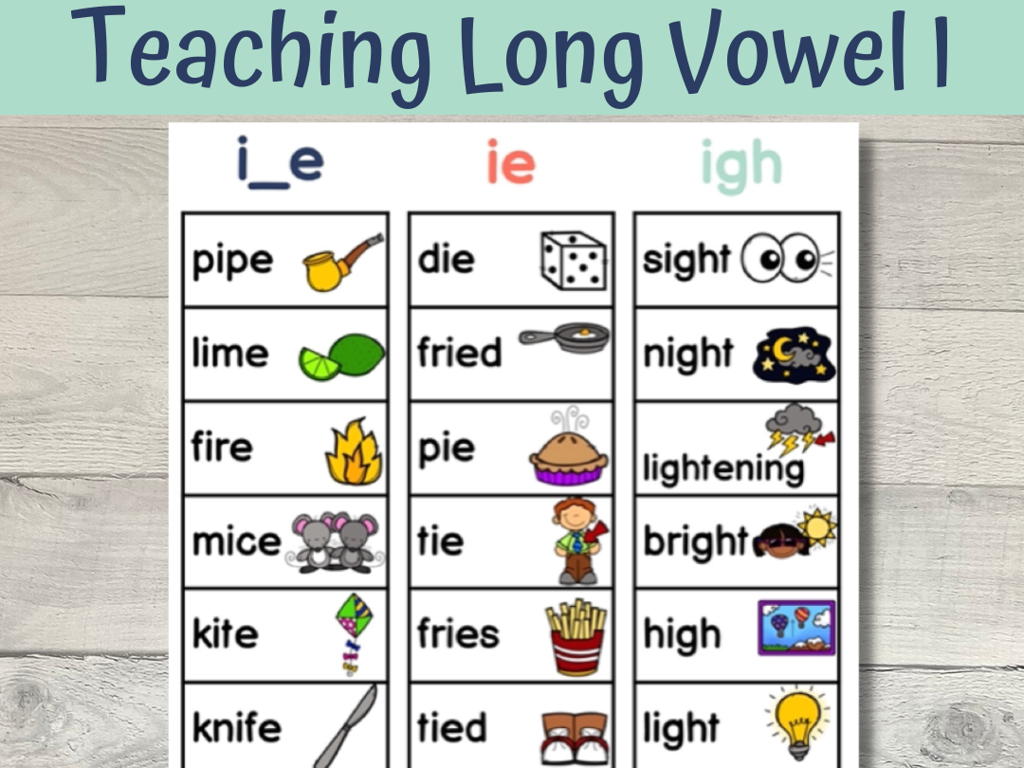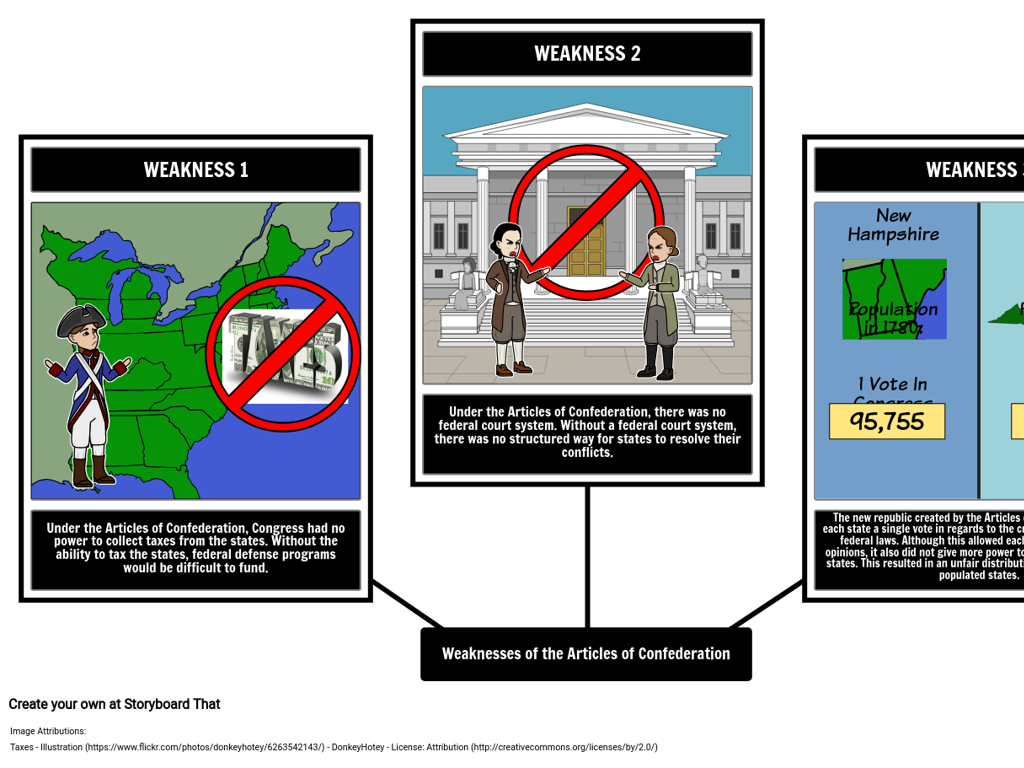Form And Use The Irregular Past Tense: Set 3
Subject: Language arts
Grade: Third grade
Topic: Verb Tense
Please LOG IN to download the presentation. Access is available to registered users only.
View More Content
Irregular Past Tense Verbs – Set 3
– Explore verb tense changes
– Verbs tell us when an action happens
– Learn irregular past tense verbs
– Some verbs don’t follow a pattern
– Understand why tense matters
– Using the right tense tells the time of action
– Practice using verbs correctly
– We’ll do fun activities to learn these verbs
|
This slide introduces the concept of irregular past tense verbs to third graders, emphasizing the importance of understanding how verbs change from present to past tense. Highlight that unlike regular verbs, irregular verbs do not follow a simple rule and can change in unique ways. Explain why using the correct verb tense is crucial for clear communication, as it indicates when an action took place. Engage the students with examples and interactive activities to help them grasp these concepts. Encourage them to think of actions they did yesterday and try to express those using irregular past tense verbs. Provide guidance and correction as needed to ensure they understand how to form and use these verbs in sentences.
Understanding Verbs and Past Tense
– Verbs: Words for actions or states
– Verbs tell us what someone or something does
– Examples: ‘run’, ‘jump’, ‘eat’, ‘think’
– ‘Run’ becomes ‘ran’, ‘eat’ becomes ‘ate’
– Verbs change to show time
– Like ‘walk’ to ‘walked’ for actions done before now
– Past tense verbs often end in ‘ed’
– But some verbs are irregular, like ‘go’ to ‘went’
|
This slide introduces the concept of verbs to third graders, emphasizing their role in indicating actions or states of being. It provides simple, relatable examples that the students are likely to know. The slide also touches on the concept of verb tense, specifically the past tense, and prepares students for the idea that while many verbs simply add ‘ed’ to form the past tense, there are irregular verbs that do not follow this pattern. The teacher should explain that these irregular verbs need to be memorized, as they do not have a set rule for changing into the past tense. Interactive activities can include identifying verbs in sentences and converting present tense verbs to past tense.
Irregular Past Tense Verbs: Set 3
– Regular verbs end with ‘-ed’
– Irregular verbs change form
– ‘go’ becomes ‘went’, not ‘goed’
– Today’s focus: Irregular verbs
– Examples: go -> went, have -> had
– ‘have’ changes to ‘had’, not ‘haved’
|
This slide introduces the concept of irregular verbs to third graders, contrasting them with the more straightforward regular verbs. Emphasize that while regular verbs simply get ‘-ed’ added to their base form to indicate past tense, irregular verbs do not follow this pattern and change form completely. Use common examples like ‘go’ and ‘have’ to illustrate the concept. Encourage students to think of verbs they use daily and consider how they might change in the past tense. Provide additional examples and plan for practice exercises where students can convert present tense verbs to their irregular past tense forms.
Irregular Past Tense Verbs: Set 3
– Some verbs are rule breakers
– Memorize these special changes
– ‘bring’ changes to ‘brought’
– Example: Yesterday, I brought my toy to school.
– ‘buy’ changes to ‘bought’
– Example: Last week, I bought a new book.
|
This slide introduces Set 3 of irregular past tense verbs to third graders. Unlike regular verbs that simply add ‘-ed’ to form the past tense, irregular verbs change in unique ways and must be memorized. Use examples like ‘bring’ and ‘buy’ to illustrate the concept. Encourage students to think of these verbs as special ‘rule breakers’ that don’t follow the normal pattern. Provide additional examples and ask students to come up with sentences using these verbs in the past tense. This will help them understand and remember the irregular forms. Make sure to emphasize the importance of reading and speaking in the past tense using these verbs correctly.
Practice Time: Irregular Past Tense
– Change verbs to past tense
– Listen to the verb I say
– Tell me the past tense form
– Examples: ‘sing’, ‘teach’, ‘catch’
– ‘sing’ becomes ‘sang’, ‘teach’ turns into ‘taught’, ‘catch’ changes to ‘caught’
|
This slide is designed for an interactive classroom activity to practice irregular past tense verbs. The teacher will say a verb in its base form, and the students will respond with the past tense form. It’s important to remind students that irregular verbs do not follow a set pattern when changing to past tense. Encourage them to think about the verbs they have learned and to participate actively. For the activity, the teacher can use additional verbs such as ‘run’, ‘begin’, ‘drink’, and ‘drive’. The teacher should be prepared to correct and explain any mistakes, providing positive reinforcement for correct answers. This exercise will help students become more familiar with irregular verb forms in a fun and engaging way.
Using Irregular Verbs in Sentences
– Understanding irregular verbs
– Irregular verbs don’t follow regular rules
– Creating sentences with pictures
– I’ll show a picture, you tell a past tense story
– Example: ‘Yesterday, she sang…’
– ‘Sang’ is the past tense of ‘sing’
– Practice making your own sentences
|
This slide is aimed at helping students understand and practice using irregular past tense verbs, which do not follow the typical ‘-ed’ ending rule. Start by explaining that irregular verbs change in unique ways when used in the past tense. Show a picture and ask the students to create a sentence using an irregular past tense verb that fits the picture. Use the example provided to illustrate how to form a sentence in the past tense. Encourage students to think creatively and come up with their own sentences. This activity will help reinforce their understanding of irregular verbs and how they are used in everyday language.
Story Time with Irregular Verbs
– Listen to a story with special verbs
– Hands up when you hear a past verb
– When you recognize a verb used for past actions, raise your hand
– We’ll write the verbs on the board
– Each verb you find will be added to our verb board
– Learn how past verbs tell a story
– Understand how these verbs change the story’s time
|
This interactive activity is designed to help students identify and understand irregular past tense verbs through listening and participation. As you read the story aloud, pause briefly after each irregular past tense verb to allow students to raise their hands. Write the identified verbs on the board, creating a visual list for the class to refer to. This will help students recognize patterns and differences in irregular verb forms. After the story, review the list and discuss how each verb was used in context. Encourage students to use these verbs in their own sentences to reinforce their learning.
Class Activity: Verb Detective
– Become a verb detective!
– Circle irregular past tense verbs
– Look for verbs that don’t follow the regular ‘-ed’ ending
– Pair up for teamwork
– Two heads are better than one, help each other out
– Discuss findings with the class
– Share what you’ve learned with your classmates
|
This activity is designed to engage students in identifying irregular past tense verbs, which do not follow the standard ‘-ed’ ending rule. Provide a worksheet with a mix of regular and irregular verbs in past tense. Students will work in pairs to encourage collaboration and peer learning. As they find and circle the irregular verbs, they should discuss why these verbs are different and how they figured it out. After the activity, facilitate a class discussion where pairs can share their findings and reasoning. This will reinforce their understanding and allow them to learn from each other. Possible verbs to include in the worksheet: went, had, drove, saw, ate, wrote, and swam. Remember to praise their detective skills and encourage curiosity.
Review and Share: Irregular Past Tense Verbs
– Review activity verbs
– Share your sentence
– Tell us one sentence with an irregular past tense verb you used
– Discuss irregular past tense
– Why is the verb irregular? How is it different from regular verbs?
– Practice is key to learning
|
This slide is meant to recap the activity where students found and used irregular past tense verbs. Encourage each student to share a sentence they created, focusing on the use of the irregular past tense verb. Discuss why these verbs are considered irregular (they don’t follow the standard ‘-ed’ ending rule) and how they differ from regular verbs. Emphasize the importance of practice in mastering these verb forms. As students share, correct any mistakes gently and praise correct usage to reinforce learning. Provide additional examples if necessary to ensure understanding.
Wrapping Up: Irregular Past Tense Verbs
– Excellent work on irregular verbs!
– Homework: Write 5 sentences
– Create sentences with verbs like ‘sang’, ‘felt’, ‘taught’
– Use verbs from our list
– Remember, these verbs don’t follow regular ‘-ed’ rules
– Share your sentences tomorrow
– We’ll discuss everyone’s sentences in class
|
Today’s lesson focused on understanding and using irregular past tense verbs, which do not follow the standard ‘-ed’ ending rule. For homework, students are tasked with writing five sentences that incorporate irregular past tense verbs from the provided list. This exercise will help reinforce their understanding of how these verbs are used in context. Encourage creativity and the use of a variety of verbs. In the next class, students will have the opportunity to share their sentences, allowing them to learn from each other’s examples and further solidify their grasp of irregular past tense verbs.

